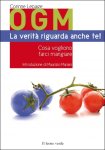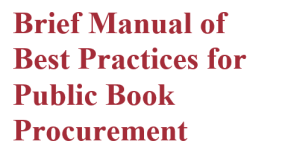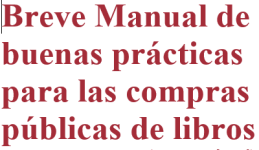After the 2013 preparatory workshops, an Assembly of Allies will be held from 18 to 22 September 2014, in Cape Town, under the patronage of UNESCO.
In order to achieve this, and in line with practical case studies and sharing of practical knowledge during the workshops, it is essential for publishers to discuss the evolution of bibliodiversity in their countries and publishing houses since 2007: How does bibliodiversity materialise itself on a daily basis for a Malian publisher, an Indian publisher, an Argentinian publisher? How does independent publishing empowers itself in the various countries? How does the publishing field in Madagascar, Peru or Afghanistan professionalise itself?
The Assembly of Allies, a unique intercultural and multilingual space in the field of publishing, is in itself a reflection of international independent publishing. For four days, publishers will discuss their background, for some their struggle, share their experiences and the risks they face. Communication digital tools offer the possibility for publishers to be in regular and quasi instant contact – but they cannot replace human exchanges, essential to trust and solidary relations characteristic of a network such as the Alliance’s.
The Assembly of Allies is moreover a decisive moment for the Alliance’s governance: directions for the coming years, and the ensuing programme of activities, will be decided upon there, collectively.
In the spirit of long term capacity building of its members, the Alliance therefore continues to work towards an international solidarity professional network – to promote the circulation and access to works and ideas.
As a unique meeting, the Assembly of Allies primarily serves publishers’ desire to federate around common wishes: to promote and strengthen bibliodiversity together.
We thank our valued partners: Jacana Media (South Africa), Modjaji Books (South Africa), Open Book Festival (South Africa), French Institute in South Africa, Alliance française du Cap (South Africa), National Library of South Africa, Goethe Institut (South Africa), Fondation Charles Léopold Mayer (Switzerland), Organisation internationale de la Francophonie, région Ile-de-France (France), Centre national du livre (France), Fondation de France (France), Direction du développement et de la Coopération (Switzerland), French Institute in Lebanon, French Institute in Tunisia, Cooperación Regional Francesa para los Países Andinos (Bolivia), Canarias Cultura “Canarias crea” (Spain), Copyright Agency Cultural Fund (Australia), Centro Estero per l’Internazionalizzazione (Italy), Centre Universitaire de Recherches sur l’Action Publique et le Politique (CURAPP) / Université de Picardie Jules Verne (France)… and the publishers themselves!
Contact: assises@alliance-editeurs.org





















